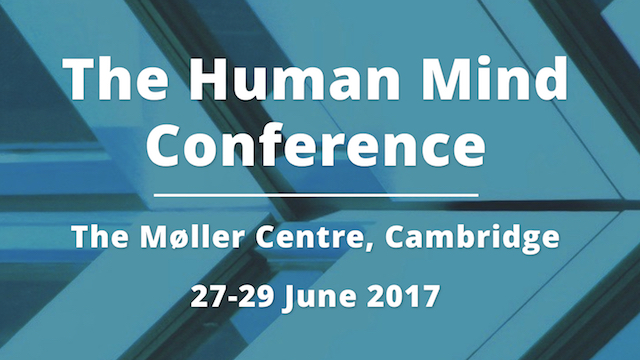| Abstract: |
Humans have a powerful drive to communicate with each other, that is, to make public and so share their thoughts, feelings and experiences. They use every available means to do this: ostensive eye gaze, pointing, miming, demonstrating, manual and other bodily gestures, and, of course, language. For language to function in communication, it depends on an antecedent metarepresentational ability to infer and attribute thoughts and intentions to others (a ‘theory of mind’), which itself is, arguably, dependent on a core property of language (recursive syntax). The talk focuses on resolving this apparent paradox, which requires recognition of language as both a biological and cultural phenomenon and draws on the evidence provided by ‘languages’ that emerge from the communicative interactions of individuals who lack environmental linguistic input. |


